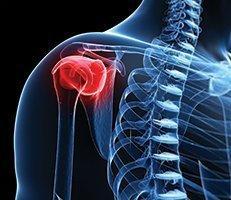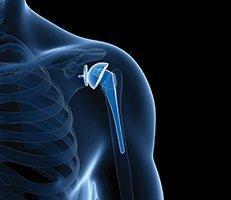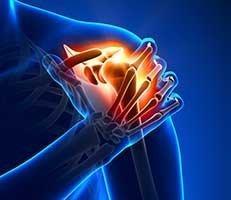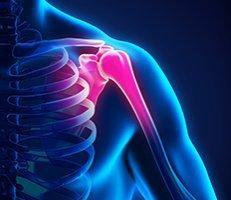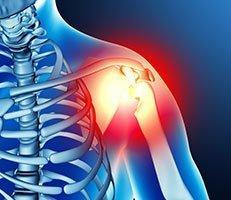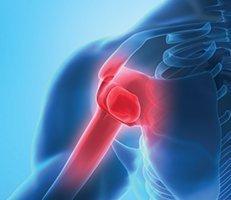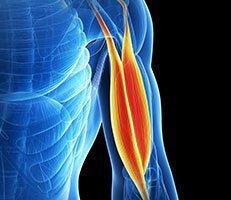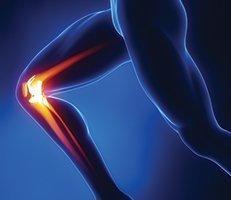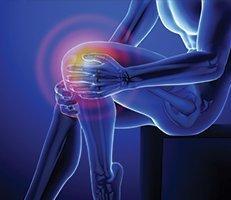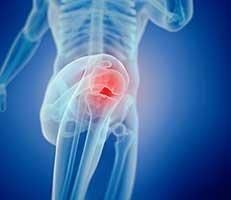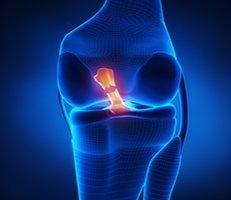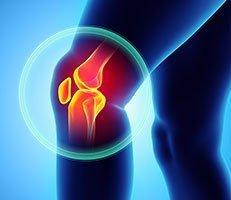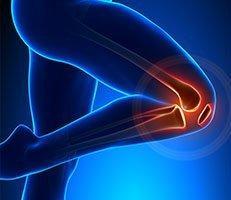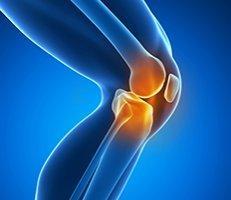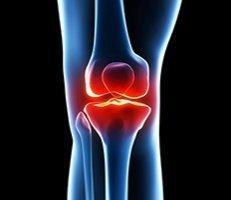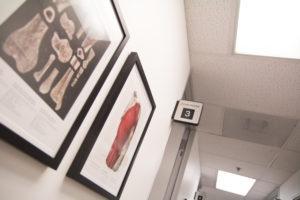
In general, biceps tendon injuries occur more frequently as we become older. As we age, our tendons lose their elasticity and slowly become stiffer. The blood supply, which nourishes the tendon, also diminishes with age. Age, inactivity or over-activity can weaken a tendon, which may lead to injury due to the decreased ability to endure repetitive motions and sudden loads.
Los Angeles shoulder specialist, Dr. Millstein, has years of experience working with patients to repair bicep and tendon injuries. Dr. Millstein will thoroughly examine the extent of your bicep/tendon injury and recommend the best treatment plan.
Initial Treatment
Initially, rest, ice, and gentle anti-inflammatory medications are all that is usually needed. Applying cold packs for 20 minutes at a time, several times a day, is advised to keep the swelling down, along with anti-inflammatory drugs like ibuprofen and aspirin. An injured individual should avoid heavy lifting and overhead activities to relieve pain and limit swelling. Eventually, flexibility and strengthening exercises will be needed to restore movement and strength in the shoulder.
Severe Biceps Tendon Injury Treatment
Unfortunately, severe cases may require surgical biceps tendon treatment. Patients who require complete recovery of strength and mobility, such as athletes or manual laborers, are encouraged to have surgery. The same goes for patients with partial tears whose symptoms are not relieved with nonsurgical treatment.
Surgical Bicep/Tendon Treatment
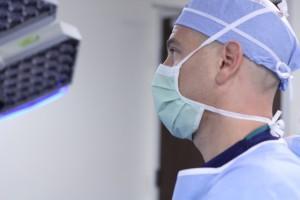
Surgical treatment depends on the nature and extent of damage to the tendon. Several new and minimally invasive procedures are available, and the treatment option used is based on the individual’s specific case. While the surgical repair itself is relatively straightforward, treatment options will vary and depend on a number of patient-related factors.
If a small portion of the tendon is damaged, shaving the torn fibers using arthroscopic surgery may be needed. For more severe injuries, a biceps tenodesis may be required. This is an arthroscopic procedure used to remove the torn tendon stump and attach the remaining tendon to the bone in the upper arm.
Complications with this surgery are rare. Successful surgery corrects muscle deformity and returns strength and mobility to your arm.
After Surgery
For the first few weeks after surgery, your shoulder may be immobilized temporarily with a sling. Immediate use of the hand is encouraged, but only for very light objects.
As part of your rehabilitation you will perform therapeutic exercises, flexibility exercises, and eventually strengthening exercises. Four to six weeks of healing is required before a gradual return to moderate or heavy lifting. Desk work can usually be resumed within the first week or two. Return to heavy labor usually takes 2 to 4 months.
If you are suffering from a bicep/tendon injury, please schedule an appointment with Beverly Hills orthopedic surgeon, Dr. Millstein, by calling (310) 595-1030.

